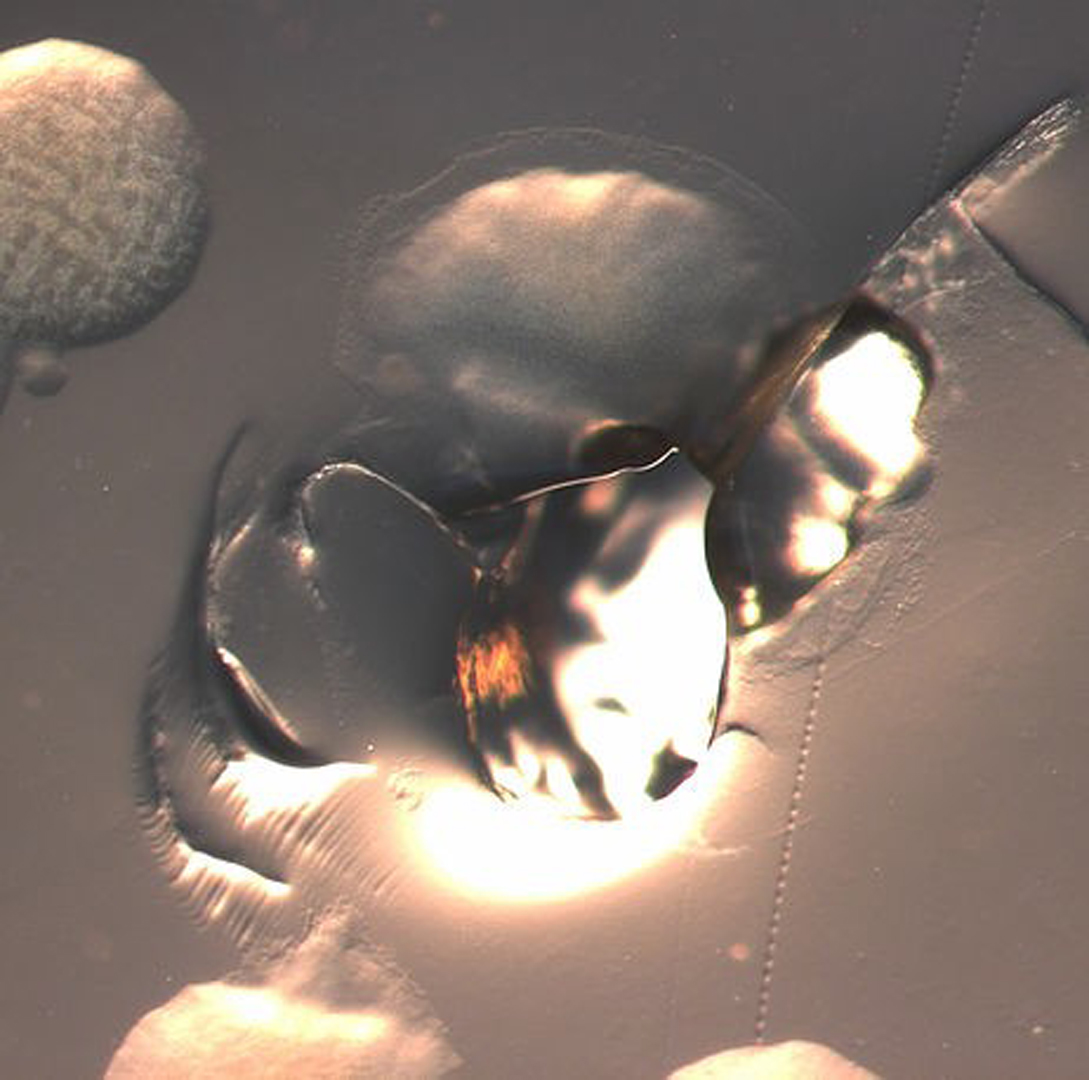(Forgive Me for I Am) A Curious Animal
Symposium:
- ISEA2016: 22nd International Symposium on Electronic Art
-
More presentations from ISEA2016:


Session Title:
- Technoanimal
Presentation Title:
- (Forgive Me for I Am) A Curious Animal
Presenter(s):
Venue(s):
Abstract:
This artist’s talk presents two works-in-progress as part of my ongoing art science research collaboration with the Institute of Genetic Medicine at Newcastle University. Pithos (working title) is a live bio art research project and audiovisual installation. In this work I practice transgenic art in the tradition of Joe Davis [1], Christian Bök [2] and Eduardo Kac [3] by comparing the genetic code to language and constructing a cypher that enables me to place a sentence, in the form of synthetic DNA, within the body of the organism E. coli as vessel. Reflecting the Pandora myth [4], the synthetic DNA construct (a question to the microbial other) is worked into a physical clay vessel and it’s predicted evolution within E. coli is sonified as an audio work. As an ongoing live element, generations of the living organism containing the synthetic DNA construct are nurtured and monitored for actual evolutionary change.
The second work-in-progress, Wishful Thinking or Velleity, With(out) Volition (working title) is a live bio art project that explores the unknown implications of using living matter as material, with my (extended) body as site of practice. Synthetic information: a thought from my mind will be placed within my own (biopsied) skin cells. The thought is translated into DNA, the language of the body and will be transcribed within my cells through a viral host. This thought is volition, a will to act: held external to my mind, yet internal to my body (cells) as synthetic other. This externalization of my body will then be observed and analysed to determine whether it accepts, rejects or alters this synthetic will. Just as synthetic biology is the imposition of human will onto living systems, I choose to impose my will, literally, on the living system of my body.
The field of synthetic biology develops genetically altered micro-organisms for use within healthcare, medicine and energy. The industry has become a lucrative one with both private and public sector investment and increased funding within the technology and defence sectors [5] [6]. It is an inter-disciplinary field engaging the sciences, engineering, art and design to automate biological processes, with aspirations to create living machines and offer hope of ending world poverty and hunger.
In the context of a predicted biotechnological revolution [7] [8] [9] [10], my practice- ased research explores the use of DNA and the microorganism as medium within art practice. I speculate on our relationship with the unseen organism through an embodied understanding of living matter at the microscopic level. The research is situated in the context of Martin Heidegger’s ‘The Question Concerning Technology’ [11] and the writings of Jacques Derrida [12] [13] [14] and speculates upon the unknowable evolutionary trajectory of life as techné.
As I manipulate life, I consider the evolutionary consequences of my actions in the present and ask whether my future self can forgive me for what I am: a curious animal.





